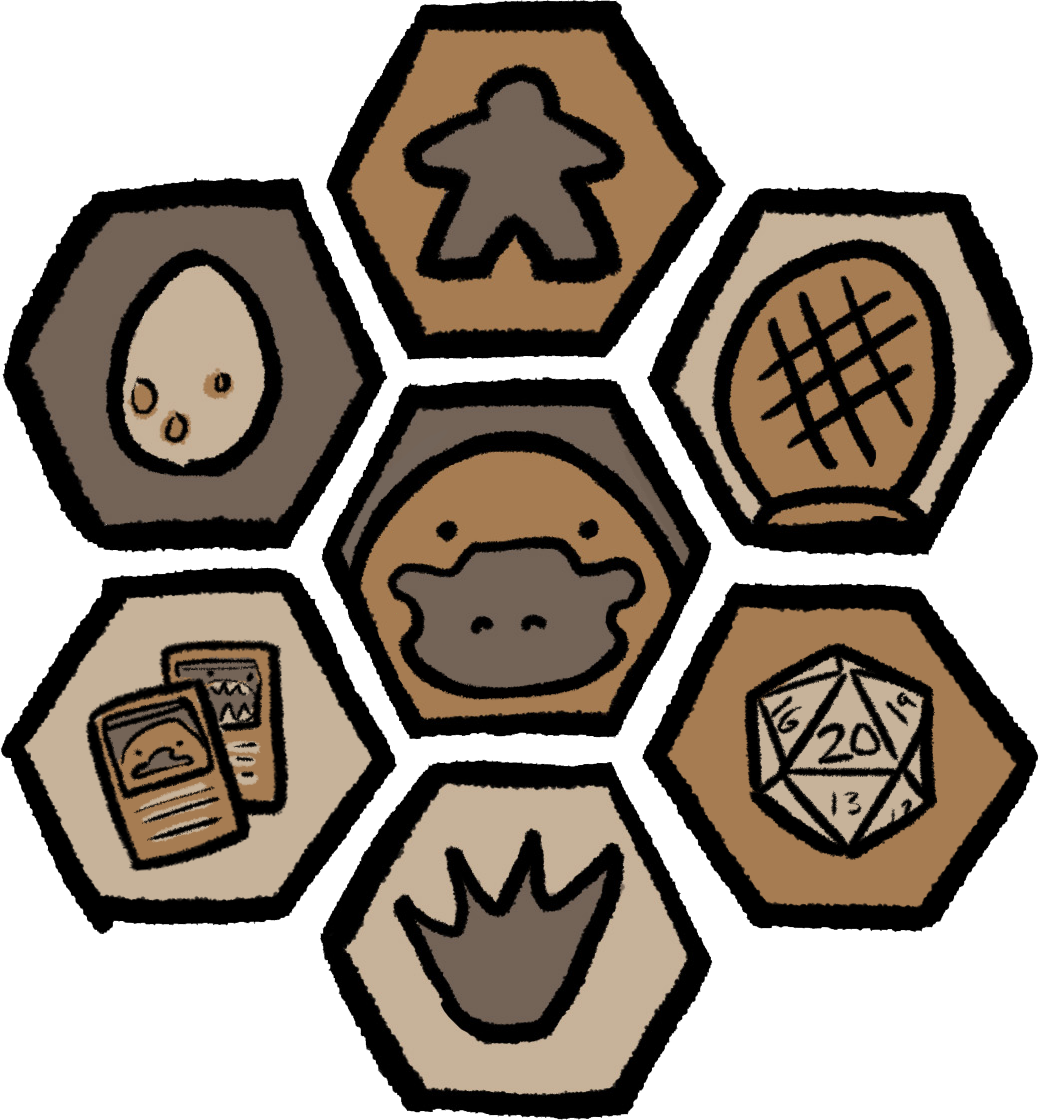Ever since Dominion started the deck building genre there have been lots of new twists on the mechanic. Valley of the Kings and its sequels are a quick and easy deck building game with a fun thematic twist that we haven’t seen used anywhere else. In lots of deck building games you have the ability to banish cards. In Valley of the Kings the only ones that you score at the end of the games are the one you banish.
The action that allows you to banish cards for points in Valley of the Kings is called entombing. You can always do it once per turn but certain cards give you more chances to do it throughout the game. Some of the cards just give a set number of points when they have been entombed. Others you want to build sets of cards in order to get the most bang for your buck.
How you acquire cards is also quite ingenious in Valley of the Kings. Instead of just having a center row like a lot of other deck builders you make a pyramid of the cards and using the purchasing power of your hand you are only allowed to buy the ones on the bottom row. As you do the cards shift downward and become available. When there are multiple choices you even get to pick how they fall adding just a little bit more strategy.
While you need to entomb cards in order to score them at all once they are entombed you don’t get to use them for the rest of the game. Some of the highest scoring cards are those that are the most powerful to play from your hand. So it is a constant decision making conundrum as you try to get the most uses out of a card before you entomb it in the hopes you won’t run out of time to entomb things when the endgame is triggered.
While Valley of the Kings doesn’t expand the deck building mechanic into other types of boards games like some games do it is a great refinement of the mechanic itself. Keeping true to the roots of making a great deck and managing it well without making it too overly complex. If you find that you enjoy deck builders at all you should give Valley of the Kings a try!


















